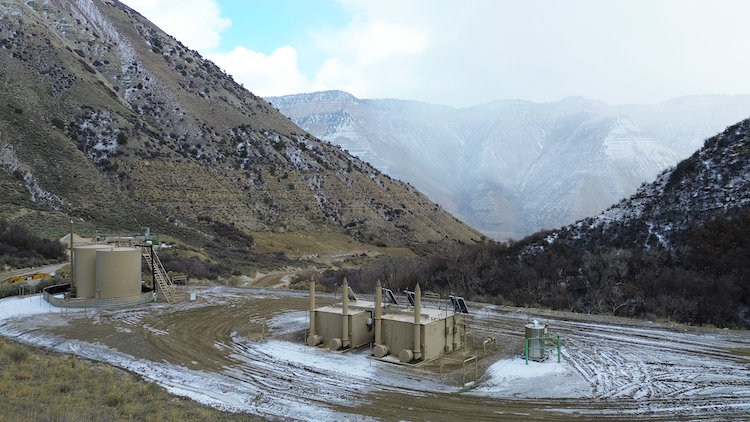
Kathairos has emerged as the leading North American solution for methane elimination from pneumatics, with more than 1,000 systems in operation across North America and over 40 major oil and gas producer partners.
In this post
The key to more durable carbon fiber may be found in a compound considered widely as a waste product by industry: lignin.
Research from the Washington University in St. Louis may soon lead to lighter, stronger carbon fiber materials and stronger plastics with a gentler environmental impact. By chemically altering lignin’s properties, researchers were able to create HiMWELL lignin, a specialized form of the compound that, when combined with polyacrylonitrile (PAN), could become a precursor to creating a better carbon fiber, as well as developing recyclable plastics with less environmentally-detrimental properties.
Carbon fiber is known for being a strong yet light, premium material. It is often used as structural reinforcement in everything from tennis rackets to airplanes. In high-end vehicles, carbon fiber frames reduce weight and improve safety, resulting in it being incorporated anywhere possible in some of the fastest super and hypercars.
Previous work in this field identified three main roadblocks to incorporating lignin in the equation: neither lignin's chemical structure nor its molecular weight is uniform, making it hard to combine with other polymers. Lignin also has a high number of OH groups, or reactive pairings of oxygen and hydrogen atoms that attract water, which is not ideal for building rigid materials like carbon fiber. Because of this, using lignin would include having to fundamentally rearrange its chemical structure.
When combined with PAN, the HiMWELL-based carbon fiber had a record tensile strength and showed better mechanical properties than standard carbon fiber. In addition, when it was added to recyclable polymer blends, HiMWELL improved mechanical properties and also improved UV protection.
"Finally, we have a technological path for lignin to be used for carbon fibers," said Joshua Yuan, professor and chair of the Department of Energy, Environmental & Chemical Engineering at the McKelvey School of Engineering.
Explore more posts from Kathairos
.jpg)
Decarb Digest, Issue 01: Discover Why Energy Leaders Aren’t Waiting on Washington

Op-Ed: While the White House “reconsiders”, producers are still moving forward on methane

